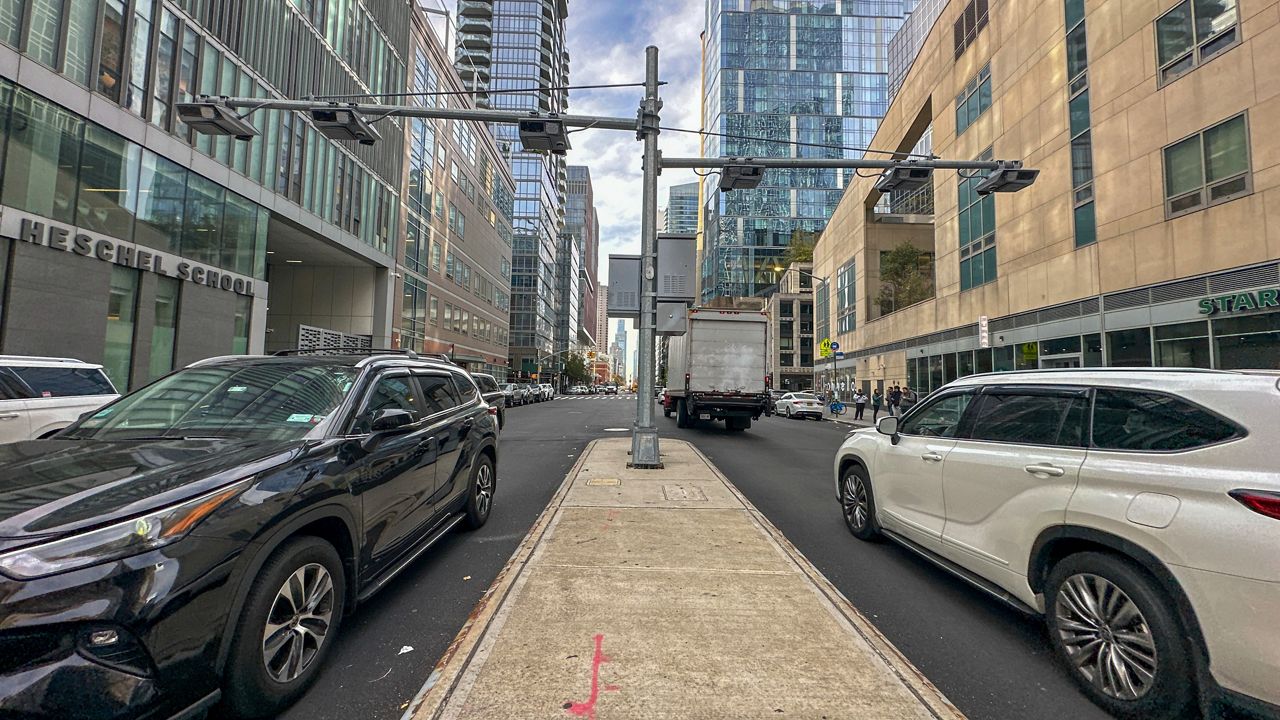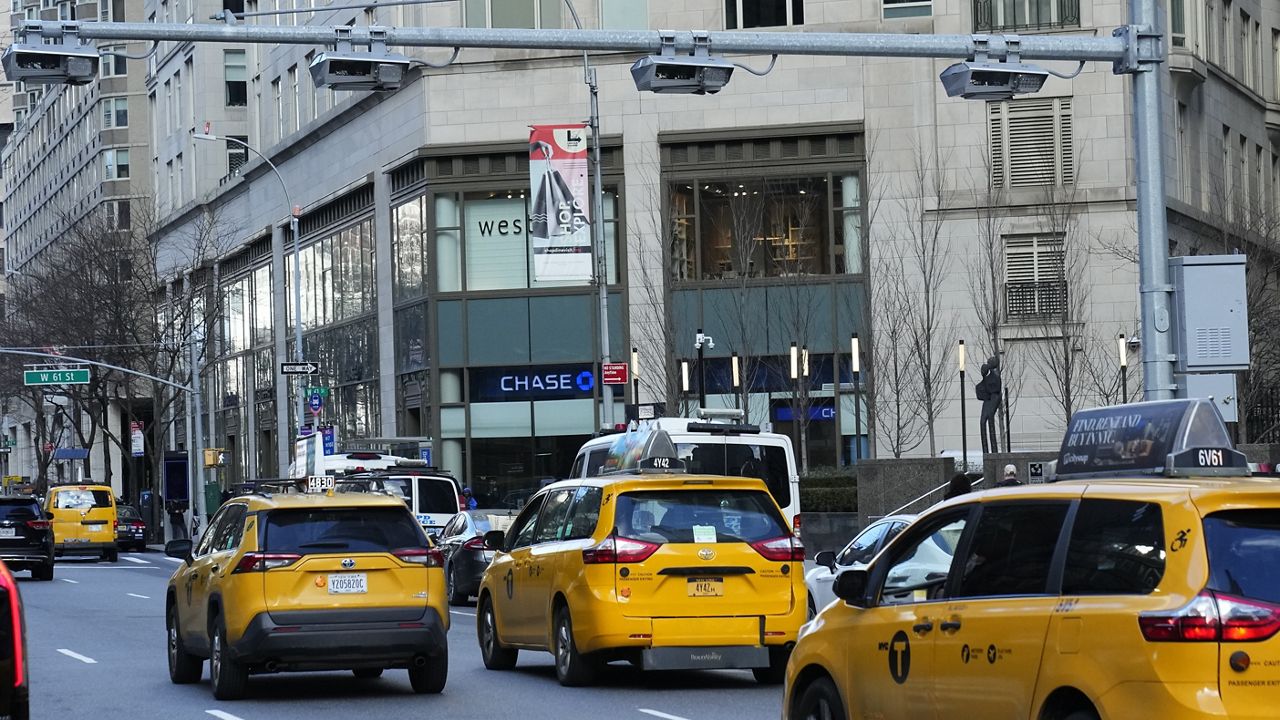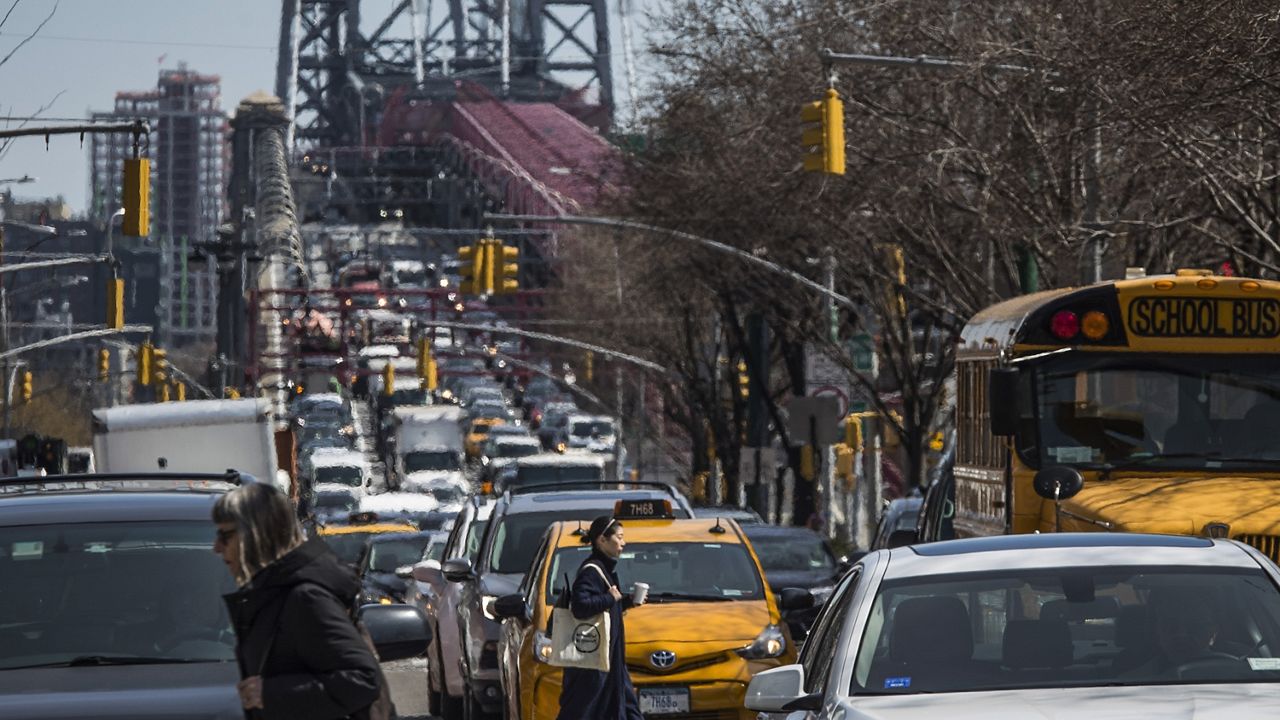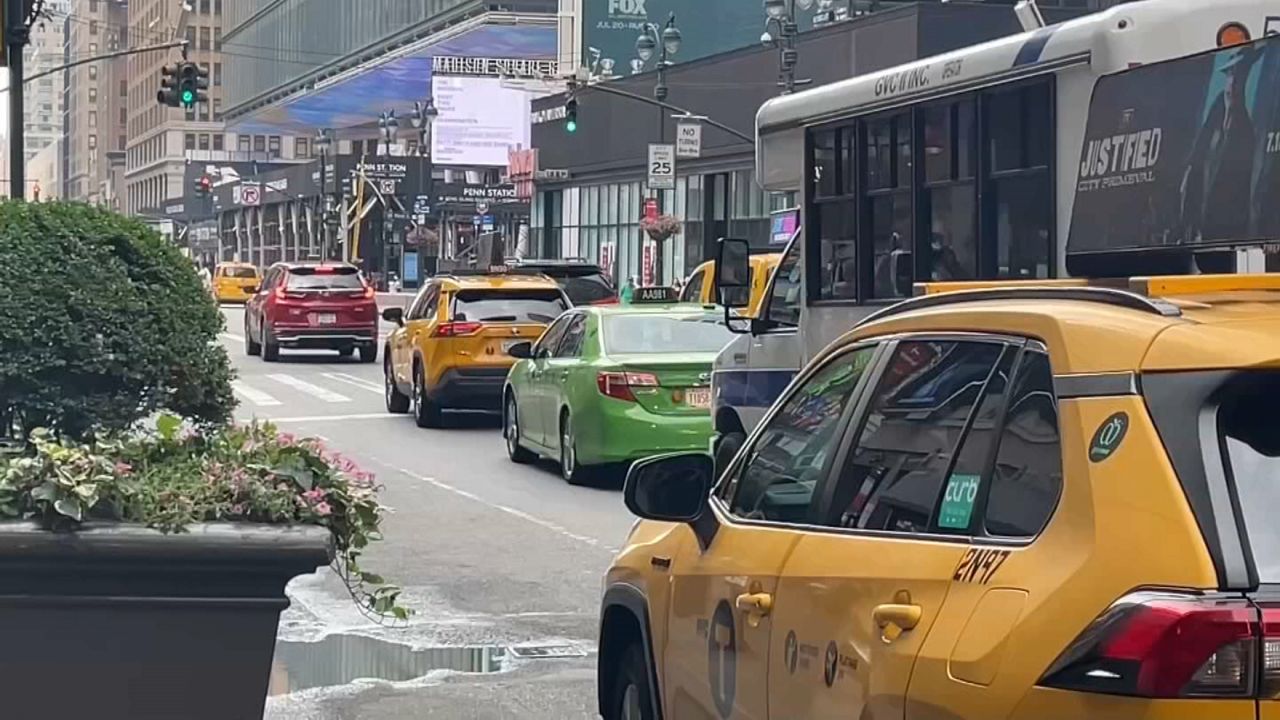No additional fare hikes, service cuts or job cuts are being considered at this point by the MTA despite a significant expected budget deficit in a couple of years, MTA Chair and CEO Janno Lieber said at the agency’s monthly board meeting Wednesday.
The MTA’s operating budget, used to service debt and pay workers among other expenses, is expected to take a hit of $400 million by 2027 and 2028.
What You Need To Know
- No additional fare hikes, service cuts or job cuts are being considered at this point by the MTA despite a significant expected budget deficit in a couple of years, MTA Chair and CEO Janno Lieber said at the agency’s monthly board meeting Wednesday
- The MTA’s operating budget, used to service debt and pay workers, is expected to take a hit of $400 million by 2027 and 2028
- Lower-than-projected real estate tax receipts and fare evasion are currently being blamed for the future deficits to the operating budget
Lower-than-projected real estate tax receipts and fare evasion are currently being blamed for the future deficits to the operating budget.
Although congestion pricing funding wasn’t assumed as part of that plan, the MTA did admit the $15 billion in funding lost when Gov. Kathy Hochul put congestion pricing on pause could be felt by next year.
“The risk that congestion pricing will not be unpaused or that funding not be addressed is a huge risk to our operating budget as well as our capital program,” Lieber said.
More money could need to be spent on emergency overtime to fix old equipment, with MTA employees who work on capital projects shifted to other jobs. There’s also the loss of what was projected to be 1.25% increase in ridership from people switching to mass transit due to congestion pricing.
In all, it could add up to an estimated $340 million a year in losses.
Additionally, if the MTA needs to borrow more money in the future, that debt would be paid for from the operating budget.
“Extra debt service burdens the operating budget, and it forces the board — that will force the board again to deal with the grim options: layoffs, service cuts, fare hikes,” Lieber said. “I think when the last capital program was under discussion, the then-governor said congestion pricing was the alternative to a 30% fare hike.”
The MTA’s next fare hike is set to start in 2025, increasing 4% from the current $2.90 to approximately $3, according to the MTA.
Despite officials saying that effects from the congestion pricing pause wouldn’t be felt until next year, some have argued that those effects are already being felt. On Sunday, the MTA announced it was nixing additional express bus service from Brooklyn, Queens and Staten Island, citing that the routes were operating with the assumption congestion pricing would move forward. Lieber said the express service was no longer needed since congestion pricing is not currently going forward.
Bus service cuts are also at the center of a lawsuit brought by the Transport Workers Union and Public Advocate Jumaane Williams.
The MTA did admit to being conservative with its fiscal numbers and claimed to have new ways to fight fare evasion that will help with their deficit.
Last year, Hochul said she had saved the MTA from a fiscal cliff with five years of balanced budgets but that has now dropped to four years. Hochul vowed to fill the funding void left when she shelved congestion pricing.









